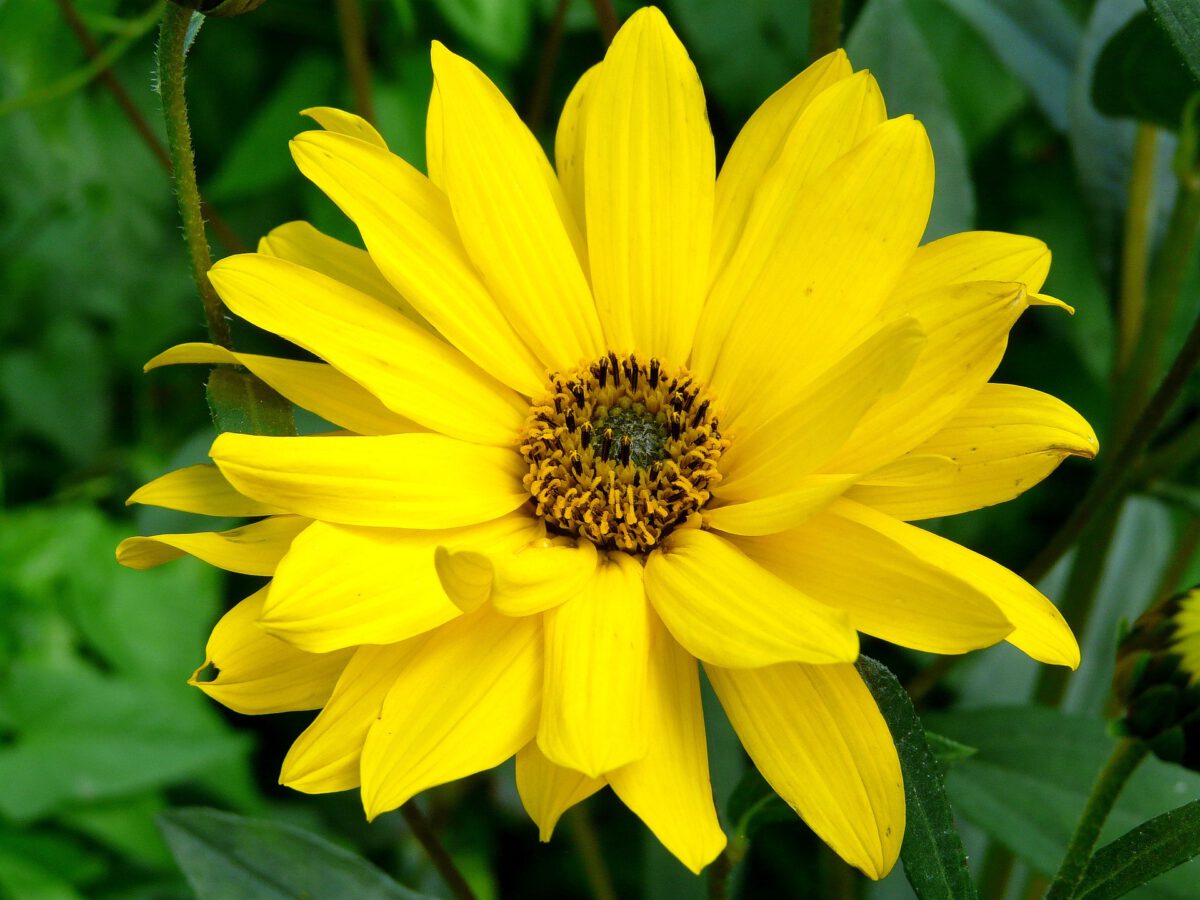Introduction: Arnica, a flowering plant belonging to the sunflower family, has been used for centuries for its medicinal properties. Revered for its potential to alleviate pain, reduce inflammation, and promote healing, arnica has earned a place in traditional medicine and natural health practices worldwide. In this article, we’ll delve into the fascinating world of arnica, exploring its uses, benefits, and considerations for incorporating it into your wellness routine.
Understanding Arnica: Arnica, scientifically known as Arnica montana, is a perennial herb native to mountainous regions of Europe and Siberia. The plant’s bright yellow flowers contain bioactive compounds, including sesquiterpene lactones, flavonoids, and essential oils, which are believed to contribute to its therapeutic effects. Arnica is commonly available in various forms, including topical creams, gels, ointments, tinctures, and homeopathic remedies.
Uses and Benefits of Arnica: Arnica is renowned for its wide range of potential health benefits and applications, including:
- Pain Relief: One of the primary uses of arnica is pain relief. When applied topically, arnica may help alleviate muscle aches, joint pain, and soreness associated with injuries, overexertion, or chronic conditions like arthritis. Its anti-inflammatory properties are thought to contribute to its analgesic effects, making it a popular choice for athletes and individuals seeking natural pain relief.
- Reduction of Inflammation: Arnica contains compounds that possess anti-inflammatory properties, which may help reduce swelling, bruising, and inflammation caused by injuries or trauma. Applying arnica topically to affected areas may promote faster recovery and minimize discomfort associated with inflammation.
- Wound Healing: Arnica has been traditionally used to promote wound healing and reduce the appearance of bruises and contusions. Its ability to stimulate circulation and enhance tissue regeneration may aid in the repair of damaged skin and accelerate the healing process for cuts, scrapes, and minor burns.

- Relief from Arthritic Symptoms: Arnica may offer relief from symptoms associated with arthritis, such as joint stiffness, swelling, and discomfort. When applied topically or used in conjunction with other therapies, arnica may help improve mobility and alleviate pain in individuals with osteoarthritis or rheumatoid arthritis.
- Management of Skin Conditions: Some individuals use arnica topically to address various skin conditions, including acne, eczema, and insect bites. Its anti-inflammatory and antimicrobial properties may help soothe irritated skin, reduce redness, and promote healing for a range of dermatological concerns.
Considerations for Use: While arnica offers numerous potential benefits, it’s important to use it safely and responsibly. Here are some considerations to keep in mind when incorporating arnica into your wellness routine:
- Topical Application: Arnica should only be applied topically to intact skin and should not be ingested or applied to open wounds. Always follow the instructions provided on the product label or consult with a healthcare professional for guidance on proper use and dosage.
- Allergic Reactions: Some individuals may experience allergic reactions or skin sensitivities when using arnica topically. Perform a patch test before widespread use and discontinue use if irritation occurs. Avoid using arnica on broken skin or mucous membranes.
- Interaction with Medications: Arnica may interact with certain medications, particularly blood thinners and anti-inflammatory drugs. If you are taking any medications or have underlying health conditions, consult with a healthcare provider before using arnica to avoid potential interactions or adverse effects.
- Pregnancy and Lactation: Pregnant or breastfeeding individuals should exercise caution when using arnica, as its safety during pregnancy and lactation has not been established. Consult with a healthcare professional before using arnica to ensure it is safe for you and your baby.
Conclusion: Arnica is a versatile herb with a long history of use in traditional medicine and natural health practices. From pain relief and inflammation reduction to wound healing and skin care, arnica offers a myriad of potential benefits for individuals seeking natural remedies for various health concerns.
By understanding its uses, benefits, and considerations for use, individuals can harness the power of arnica to support their overall well-being and enhance their quality of life. As always, consult with a healthcare professional before incorporating arnica into your wellness routine, especially if you have underlying health conditions or are taking medications.



